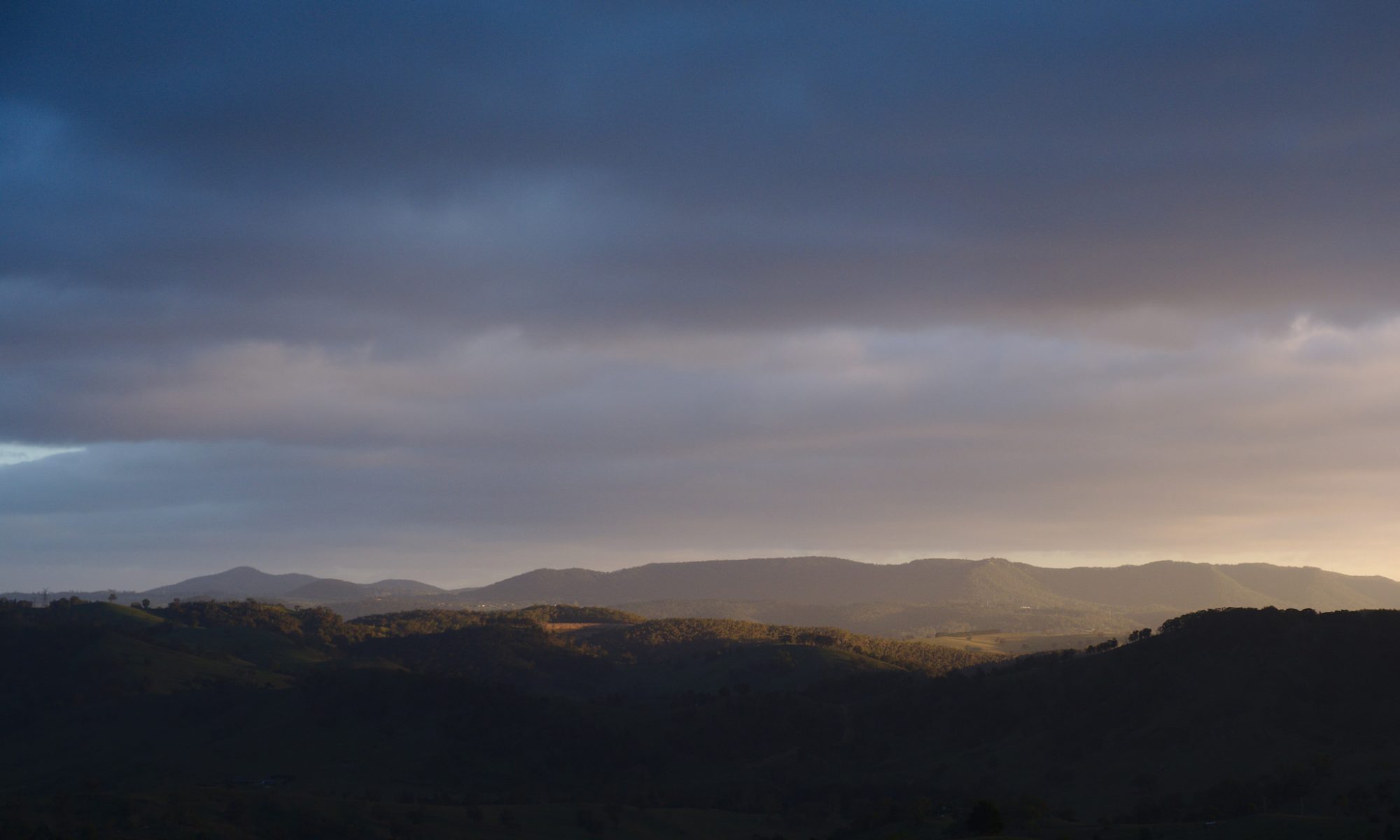This article originally appeared on Hoyden About Town.
The scent rolled over him.
He looked up.
Overhead, a lilac tree was in bloom.
He stared.
Damn! Damn! Damn! Every year he forgot. Well, no. He never forgot. He just put the memories away, like old silverware that you didn’t want to tarnish. And every year they came back, sharp and sparkling, and stabbed him in the heart.
Night Watch, Terry Pratchett, 2002

The Hitch Hiker’s Guide to the Galaxy has a few things to say on the subject of towels.
A towel, it says, is about the most massively useful thing an interstellar hitch hiker can have[…] a towel has immense psychological value. For some reason, if a strag (strag: non-hitch hiker) discovers that a hitch hiker has his towel with him, he will automatically assume that he is also in possession of a toothbrush, face flannel, soap, tin of biscuits, flask, compass, map, ball of string, gnat spray, wet weather gear, space suit etc, etc. Furthermore, the strag will then happily lend the hitch hiker any of these or a dozen other items that the hitch hiker might accidentally have ‘lost’. What the strag will think is that any man who can hitch the length and breadth of the galaxy, rough it, slum it, struggle against terrible odds, win through, and still know where his towel is is clearly a man to be reckoned with.
The Hitchhiker’s Guide to the Galaxy, Douglas Adams, 1979

Vetinari [said:] “As one man to another, commander, I must ask you: did you ever wonder why I wore the lilac?”
“Yeah, I wondered,” said Vimes.
“But you never asked.”
“No, I never asked,” said Vimes shortly. “It’s a flower. Anyone can wear a flower.”
“At this time? In this place?”
Night Watch, Terry Pratchett, 2002

Remembering Douglas Adams (1952–2001) and Terry Pratchett (1948–2015), both of whose work meant a lot to me at various times.
Image credits:
Lilacs, lighting and lens flare by MattysFlicks on Flickr, Creative Commons Attribution.
Thumbs up by Kreg Steppe on Flickr, Creative Commons Attribution-Sharealike.
25.Mai Towel Day- Handtuchtag in Gedenken an den genialen Schriftsteller Douglas Adams (1952-2001) und ‘Wear a lilac if you were there day- Trag Flieder, wenn Du dabei warst- Tag im Gedenken an die Glorreiche Revolution in Ankh-Morpork by Gytha69 on Flickr, Creative Commons Attribution, cropped and colour adjusted by the author of this post.
